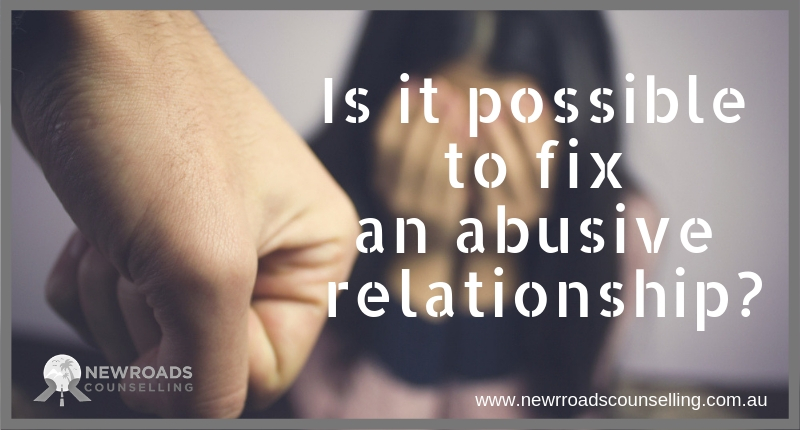Often people believe that when there is domestic violence in the relationship, their relationship is over. However, in my over 21 years as a Psychotherapist/Counsellor, I have witnessed successful cases where domestic violence has existed but the couple is prepared to work on the abuse and create a safe environment, reaching reconciliation and resulting in their relationship flourishing.
HOW DO I KNOW THAT I AM IN AN ABUSIVE RELATIONSHIP?
Domestic Violence occurs when a family member uses abuse to have power and control over another family member – a spouse, a partner or children. Children who live in a home where there is domestic violence, either receiving direct abuse or witnessing abuse, are equally victims of Domestic Violence too.
Domestic Violence is different from a heated domestic argument. Domestic Violence is persistent or ongoing use of one or more of the varying types of abuse, which include physical, sexual, verbal, emotional, social, economic, psychological and spiritual abuse. Domestic Violence will result in chronic fear and damage to the victim – compared to a highly conflicting relationship, which does not result in fear or create damage to the other person, although still upsetting.
Domestic Violence also occurs regardless of cultural background, level of family income, at any age or spiritual beliefs.
WHO IS RESPONSIBLE FOR THE ABUSE?
Often the perpetrators blame the victim or substance and believe that violence occurs because the other person provokes, but it is the choice of being violent which is the issue. Alcohol and drugs may exacerbate the violence, but again it is the violence that is the core of the issue, and often people blame the alcohol and drugs rather than closely looking at the choices the perpetrator has made.
WHAT SHOULD I DO TO FIX MY ABUSIVE RELATIONSHIP?
Nowadays, there are many resources to assist victims and perpetrators of abuse. However, coming forward to get some help is not always an easy step for both the victim and the perpetrator. Some of the hindrances to getting some help include shame, guilt, embarrassment, cultural issues, spiritual beliefs, etc.
Counselling can help both the victim and the perpetrator of abuse and the relationship!
However, in order to succeed, the perpetrators need to be wanting, willing and committed to working on their violent behaviour, besides promoting safety for their victims.
It will require long-term therapy to deal with their core issues that often have stemmed from their upbringing. At the same time, empowering the victims to make small changes to break the cycle of Domestic Violence is also important. Once the perpetrators take responsibility and stop their violent behaviour, and the victims feel safe, then couple work will help them to rebuild their relationship in a non-violent relationship.
If you are unsure regarding your experience in your relationship with your spouse/partner or you have some concerns for your loved ones, you can contact us and we are happy to assist you.

